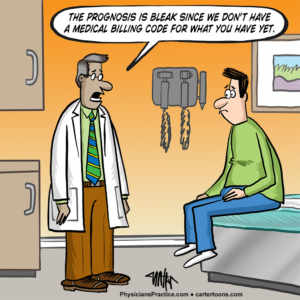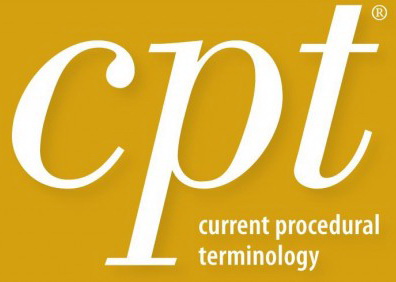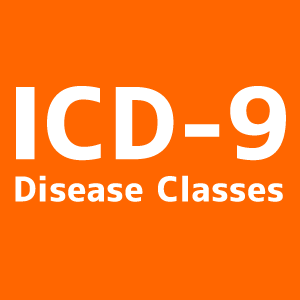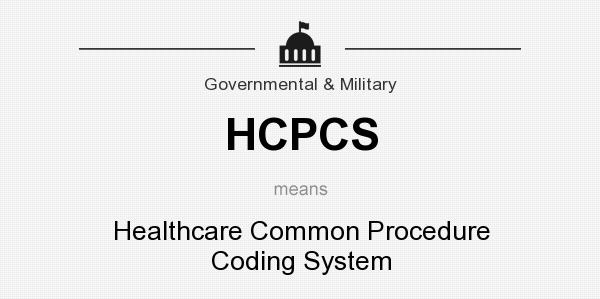Your Ultimate Guide to Medical Billing Codes: What You Need to Know
The medical world can be a confusing and scary place, even more so when you get the bill! Here is everything you need to know about your medical billing codes so you won’t be left in the dark the next time you get a hospital bill!
 Being sick or injured is a scary enough time without the confusion of hospital billing. When you receive that bill, you’ll notice that the entire list of charges is listed as medical billing codes.
Being sick or injured is a scary enough time without the confusion of hospital billing. When you receive that bill, you’ll notice that the entire list of charges is listed as medical billing codes.
Medical billing codes were created to have a standard language to describe treatments and diagnosis.
While there are many terms for a neck injury, such as neck pain, neck pull, or tweaked neck, there is only one code for it: M54.2 Cervicalgia.
This is your definitive guide on medical billing codes so you can understand your next medical bill.
Medical Billing Codes at a Glance
There are millions of different medical billing codes, but they all break down into a few major types.
The major players are CPT (Current Procedural Terminology) codes, which define stuff the medical staff does to you, and ICD (International Classification of Diseases) codes, which describe what is ailing you.
From there we go into codes covering specific insurance plans (such as Medicare billable codes and HCPCS codes) and/or specific subsets of disease (like DSM-IV-TR codes for psychiatric illnesses).
Medications also have their own set of billing codes.
Let’s talk about the major players first and then go through the rest.
 CPT (Current Procedural Terminology) Codes
CPT (Current Procedural Terminology) Codes
You walk into a hospital and they take you back into the triage. The nurse confirms your info, takes your blood pressure and your temperature, asks about your symptoms, and sends you back into the waiting room.
Triage or doing anything that doesn’t necessarily require an MD is CPT code 99211.
Everything a medical professional does while you are in a medical office or hospital is billed in association with a CPT code.
You can tell the difference between the CPT and other codes by its format. You also will generally see CPT codes on your medical billing codes list in the main body of your invoice.
It’s simple to figure out what they mean by plugging the number into a Google search like “CPT code 99211”
This is a great way to double check your bill as you can confirm that all procedures actually took place and are valid charges.
 ICD (International Classification of Diseases) Codes
ICD (International Classification of Diseases) Codes
These codes generally appear in the top portion of your bill with your personal information.
They have a different format, which includes letters and numbers rather than numbers alone. These codes name the diagnosis that was established as your reason for visiting on the date of service.
How does this benefit you? Sometimes, doctors don’t have time to speak with you as long as you may like. Other times, you come up with questions you wished you would have asked after you’ve left.
Searching for this code will give you tons more information about your diagnosis. Doing a search for “ICD code M54.2” will come up with the diagnosis cervicalgia as we discussed earlier.
Once you’ve obtained the medical terminology, you can perform more robust searches and get more accurate information.
Additional Medical Codes List: Medicare Billable Codes and More
As we mentioned, every single thing that happens in a medical office requires a billing code.
Sometimes, the type of code used by the office staff varies based on your insurance, type of diagnosis, a category of disease, and more. Let’s see some examples:
HCPCS (Healthcare Common Procedure Coding System) and DRGs (Diagnosis Related Groups) Codes
HCPCS codes are used specifically for Medicare billing. These Medicare billable codes speak directly with the insurer so there are no billing mistakes.
They are based on CPT codes but include other services that take place outside a medical providers office or facility. They will be the same as CPT for in facility billing.
They include different codes for ambulatory services, in-home aides, and other outside facility costs that Medicare covers.
Another specific Medicare billing type of code is DRGs codes. These are similar to the ICD diagnosis codes but speak specifically to the Medicare system.

ICF Codes, NDC Codes, CDT Codes, and DSM-IV-TR Codes
These codes cover specific niches within the medical environment but aren’t necessarily procedures or diagnosis for everyday patients.
ICF codes are a new type of medical billing codes for patients with disabilities that explain their level of independence and how well they can function on their own.
NDC codes are used by the pharmaceutical industry to label certain types of prescription drugs.
CDT codes cover any kind of dental procedure or issue. When you receive a bill from a dentist’s office, those would be CDT codes.
Finally, there is a specific set of coding for psychiatric disorders and illness, DRM-IV-TR codes. This was created due to the fact that most insurance plans have specific coverages for psychiatric care.
These also exist because there are entire facilities strictly dedicated to psychiatric care.
Knowledge Is Power
Now that you understand the inner workings of medical billing offices, you can feel more secure in knowing you’re being billed correctly.
You should always doublecheck your medical bills. The medical billing process is so complicated that you need additional education to work in the field.
Since healthcare is so expensive and insurers are so picky about coverage, it’s to your benefit to check the work of the billing office. This could save you a ton of money in copays and direct payments that you may not be responsible for. You can also turn a denial into a covered benefit by simply finding an error in the billing.
Make sure you’re checking all the medical billing codes provided on your bill to avoid unnecessary expenses.
Do you have other questions or are you looking for a great postage meter to bolster your office’s productivity? Click here to get a quote for everything you need for your office.
You can take a look at some postage meter products here. We strive to make your work-space the best it can be by streamlining your processes and saving you money on office equipment.
Author: Mike Cynar
Mike Cynar brings buyers and sellers together by producing reviews and creating non biased webpages allowing users to share their experiences on various products and services. He and his staff write informative articles related to the medical field, legal, and other small business industries.


Leave a Reply